Portfolios of Modi's new-look Cabinet announced
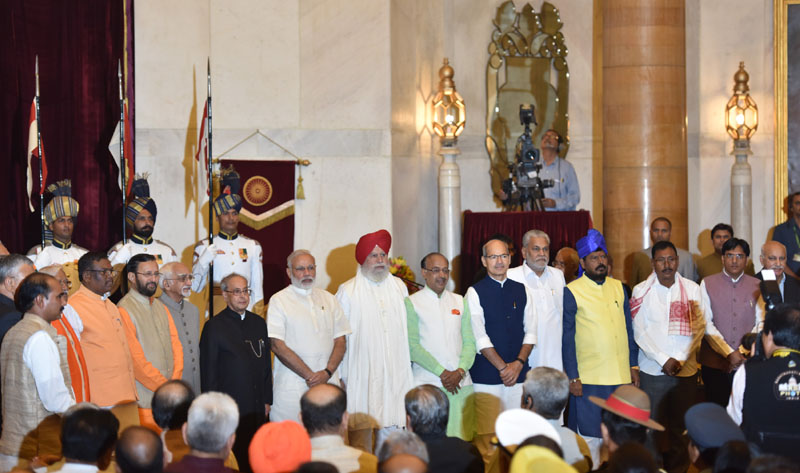
Prime Minister
Narendra Modi effected sweeping changes in the portfolios of his ministers
after inducting 19 new faces into the ministry on Tuesday.
Controversial minister Smriti Irani was shifted from the key Human Resources Development Ministry to the less significant Textiles Ministry and replaced by the newly elevated Cabinet minister Prakash Javadekar.
Smriti’s two-year
tenure saw several showdowns with leading academics and controversies over
Dalit scholar Rohith Vemula’s suicide in Hyderabad and the JNU student
protests.
Finance Minister Arun Jaitley shed the information and broadcasting portfolio, which went to Venkaiah Naidu, in addition to his other portfolios, including Urban Development. However, Naidu lost parliamentary affairs, which was handed to Ananth Kumar who will retain his existing chemicals and fertilisers portfolio.
In a setback to Sadananda Gowda, he was shifted to the less significant Statistics and Programme Implementation Ministry from the high-profile law and justice portfolio. Ravi Shankar Prasad succeeded Gowda as the new law minister. But Prasad, too, lost the important telecom portfolio, which was given to Manoj Sinha who will handle it as Minister of State (independent charge).
Narendra Singh Tomar was named the new Rural Development Minister and Birendra Singh the Steel Minister. Anil Madhav Dave got the Environment, Forest and Climate Change Ministry (independent charge) in place of Javadekar.
Minister of State Jayant Sinha, who lost finance, was given civil aviation. In his place, newly inducted Arjun Meghwal, who has been in the forefront of a campaign seeking action against Congress chief Sonia Gandhi’s son-in-law Robert Vadra, was made the new minister of state (finance) under Jaitley.
Earlier, Modi asked five junior ministers – holding the portfolios of agriculture, water resources, river development, tribal affairs and human resource development – to resign to make room for the new ministers. They are Nihalchand, Ram Shankar Katheria, Sanwar Lal Jat, Mansukhbhai D Vasava and M K Kundariya. Their resignations were accepted by President Pranab Mukherjee.
Modi elevated
Javadekar, who had impressed him with his global climate change negotiations
and pro-industry policies. On the
other hand, Mansukhbhai Dhanjibhai Vasava, a
Lok Sabha member from Modi’s home state Gujarat, was given the sack apparently
for resisting Javadekar’s move to dilute the watershed Forest Rights Act,
considered by many in the government as a hurdle in environmental clearances.
Significantly, Modi’s plan for the BJP’s expansion of its social base ahead of the polls in Uttar Pradesh and Uttarakhand was writ large in the reshuffle exercise. As the BJP is striving hard to strengthen its vote base among Dalits and other backward castes, four of the new ministers are Dalits, three are tribals and three OBCs. There are also one each from the Brahmin and Jat communities from Uttar Pradesh and Rajasthan, respectively.
Ramesh C Jigajinagi (Karnataka), Ajay Tamta (Uttarakhand), Arjun Ram Meghwal (Rajasthan), Krishna Raj (UP) and Ramdas Athawale (Maharashtra), were among the Dalit MPs administered the oath of Office and Secrecy by the President at the Rashtrapati Bhavan.
The 17 new faces include BJP leaders S S Ahluwalia and M J Akbar and NDA allies Anupriya Patel of Apna Dal and Ramdas Athawale of the Republican Party of India.
Two former ministers – Vijay Goel and Faggan Singh Kulaste – were also sworn in as ministers of state.
Akbar, a former journalist, was elected recently to the Rajya Sabha from Madhya Pradesh, while Goel, who hails from Delhi, represents Rajasthan in the Upper House. Ahluwalia was elected to the Lok Sabha from Darjeeling and Anupriya Patel was elected from Mirzapur in Uttar Pradesh.
Other inductees are P P Chaudhary, C R Chaudhary (Rajasthan), Mahendra Nath Pandey (UP), Parshottam Rupala, Jaswantsinh Bhabhor and Mansukhbhai Mandaviya (Gujarat), Rajan Gohain (Assam) and S R Bhamre (Maharashtra). In all, Uttar Pradesh now has 16 ministers, the maximum from any state, in what is seen as a calculated step to keep the Dalit and OBC vote bank with the BJP as it has been facing the toughest test from Mayawati’s BSP in the past two decades.
Similarly, the induction of Apna Dal leader Anupriya Patel, who is a Kurmi, is seen as a move to check the influence of Bihar Chief Minister Nitish Kumar, also a Kurmi, who is making forays into eastern Uttar Pradesh. For poll-bound Uttarakhand, Modi has chosen Almora MP Ajay Tamta, a Dalit. In the case of Gujarat, which goes to the polls in December 2017, former state unit chief Parshottam Rupala, a Kadva Patel, was inducted along with Mansukhbhai Mandavia who belongs to the Leuva Patel community. The third induction from Gujarat was that of BJP tribal leader Jaswantsinh Bhabhor.
AIMIM News
Latest Urdu News
Most Viewed
Do you think Canada-India relations will improve under New PM Mark Carney?











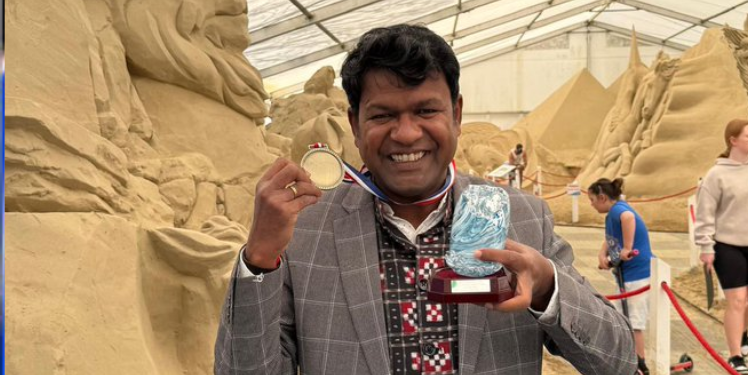
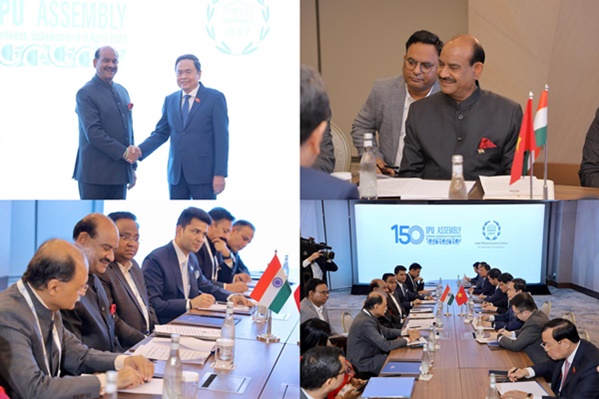
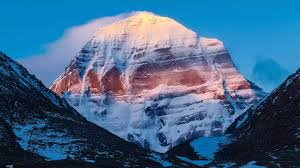
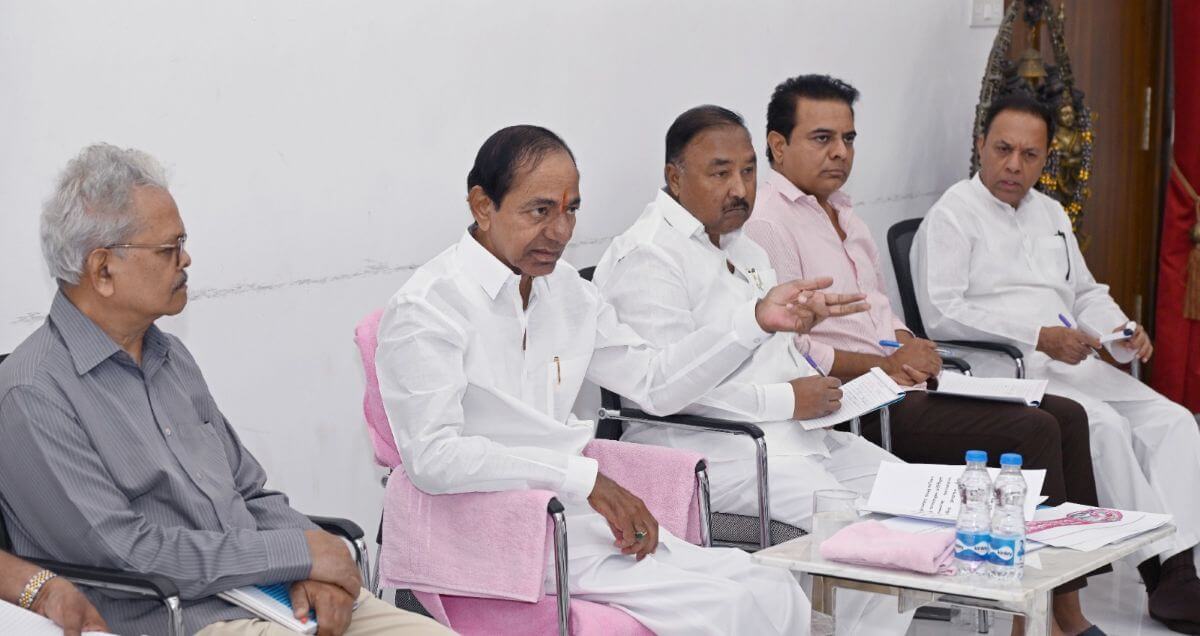
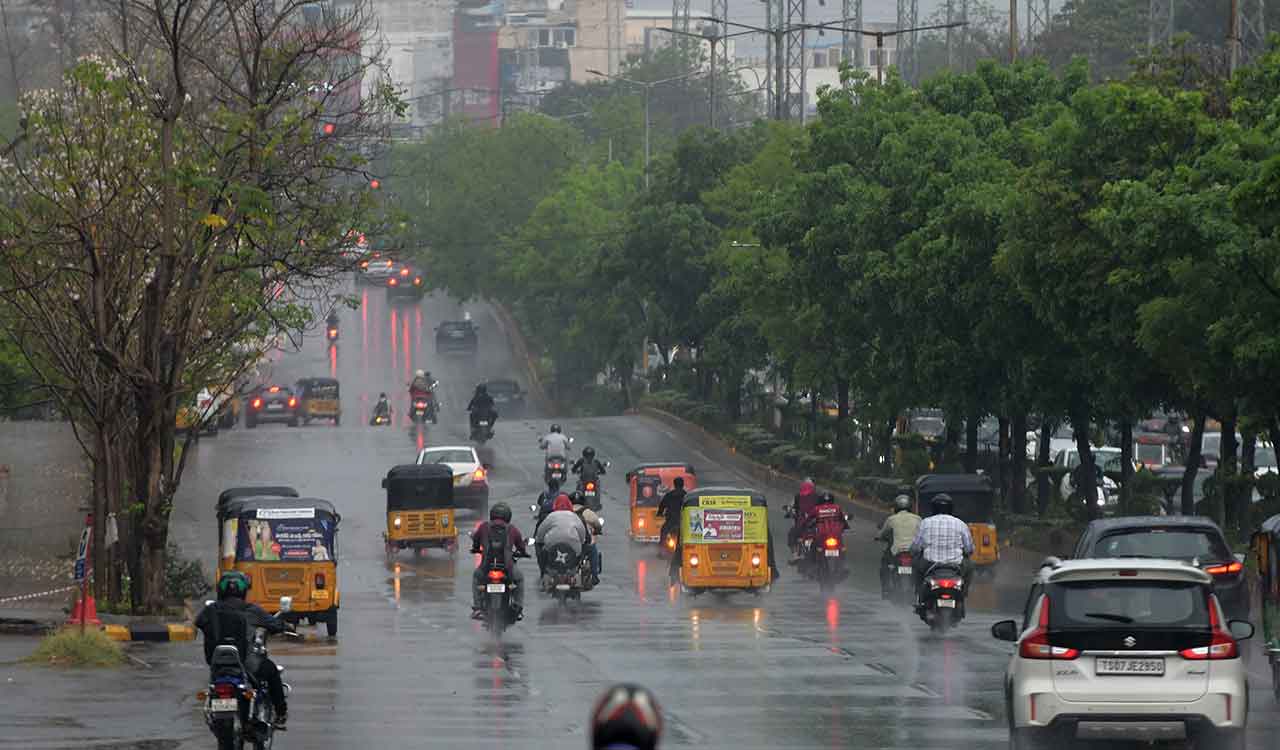
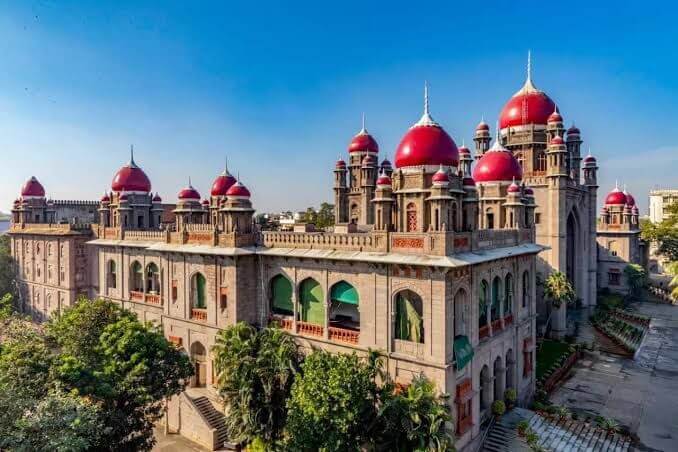
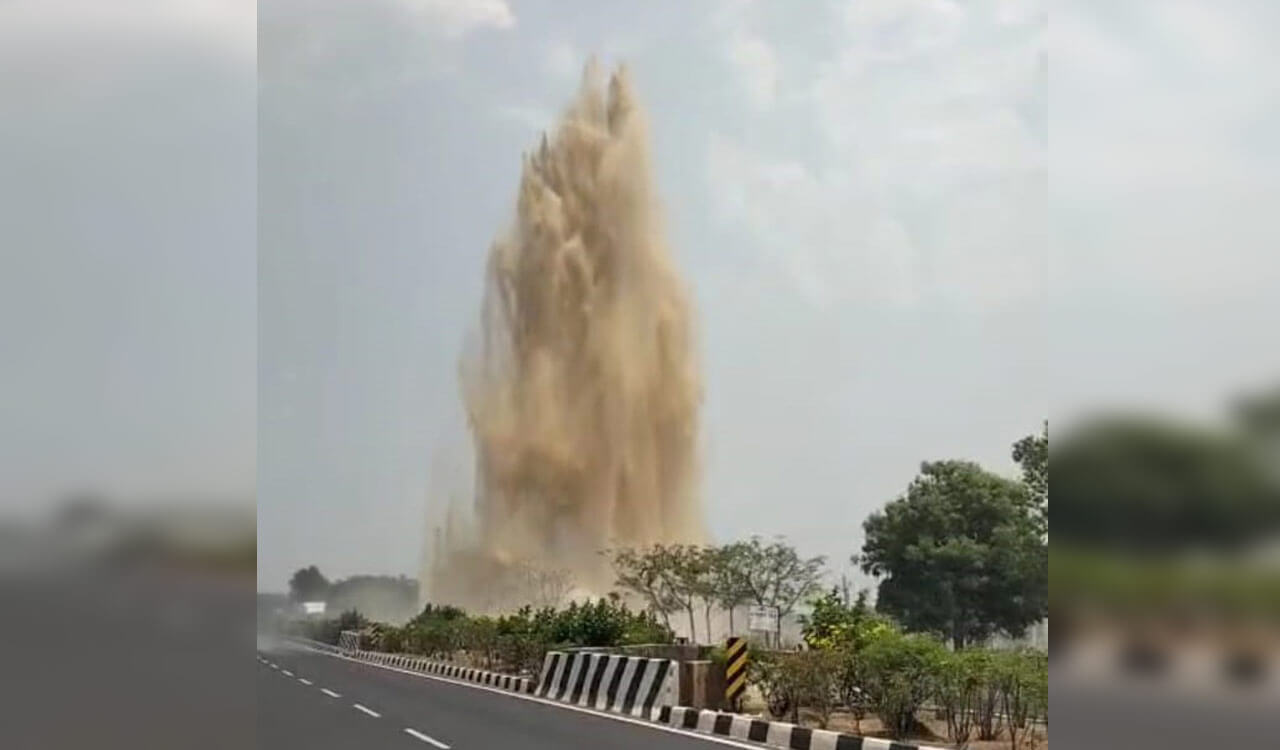
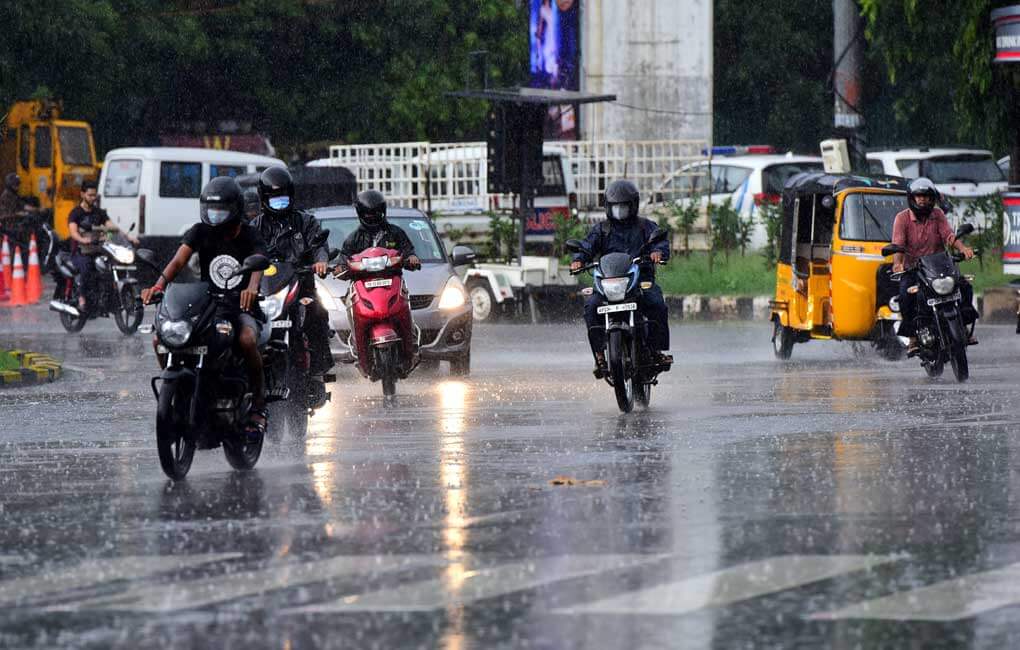
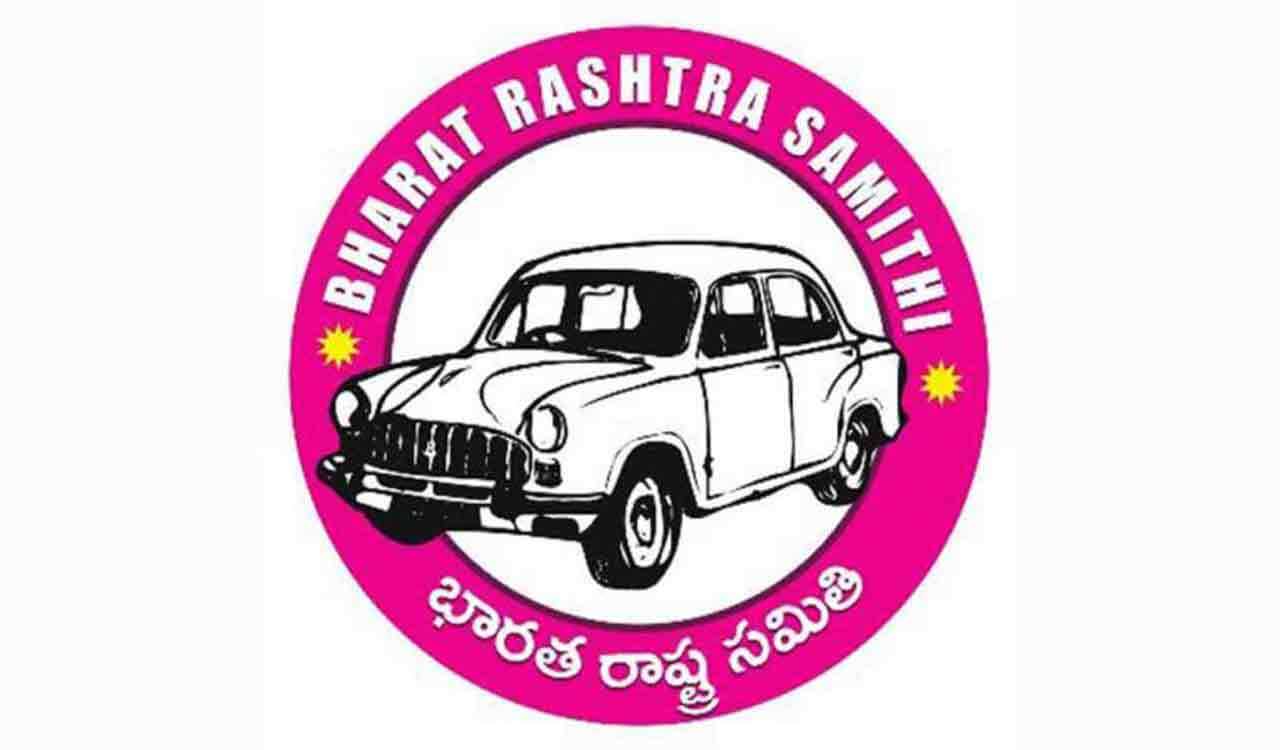
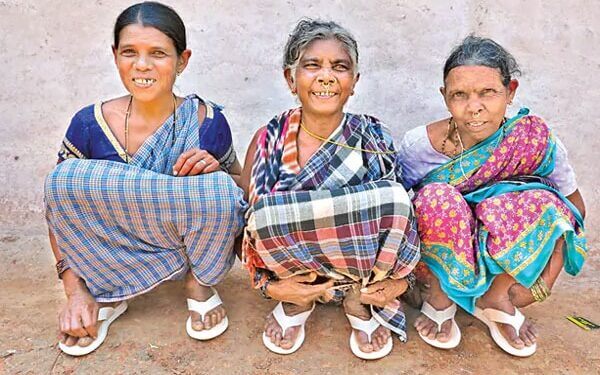
.jpg)
.jpg)
.jpg)
.jpg)

















